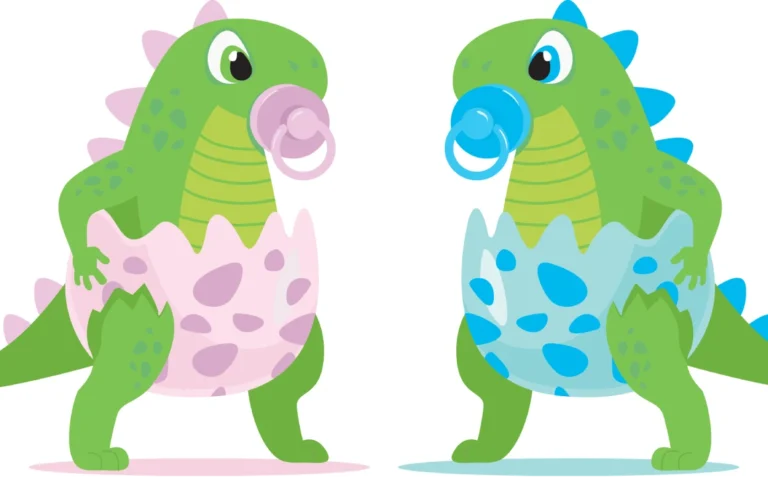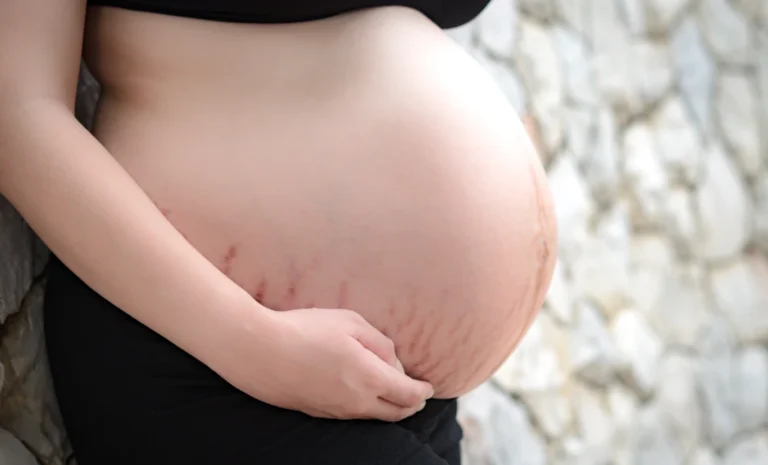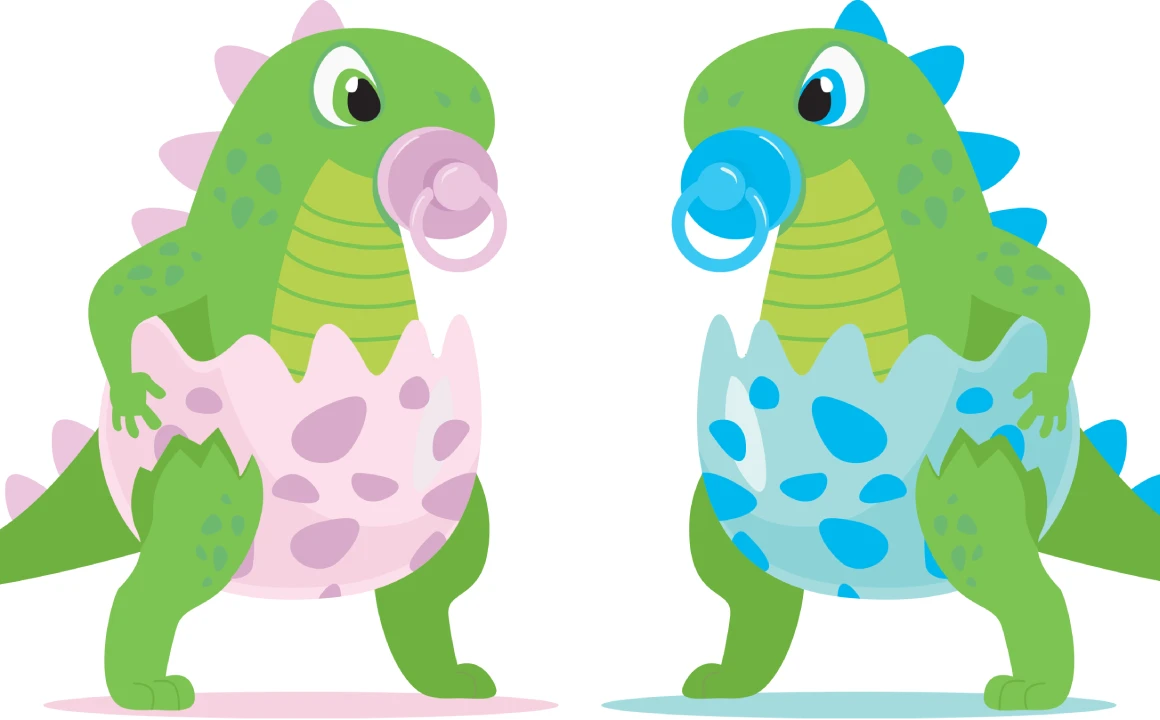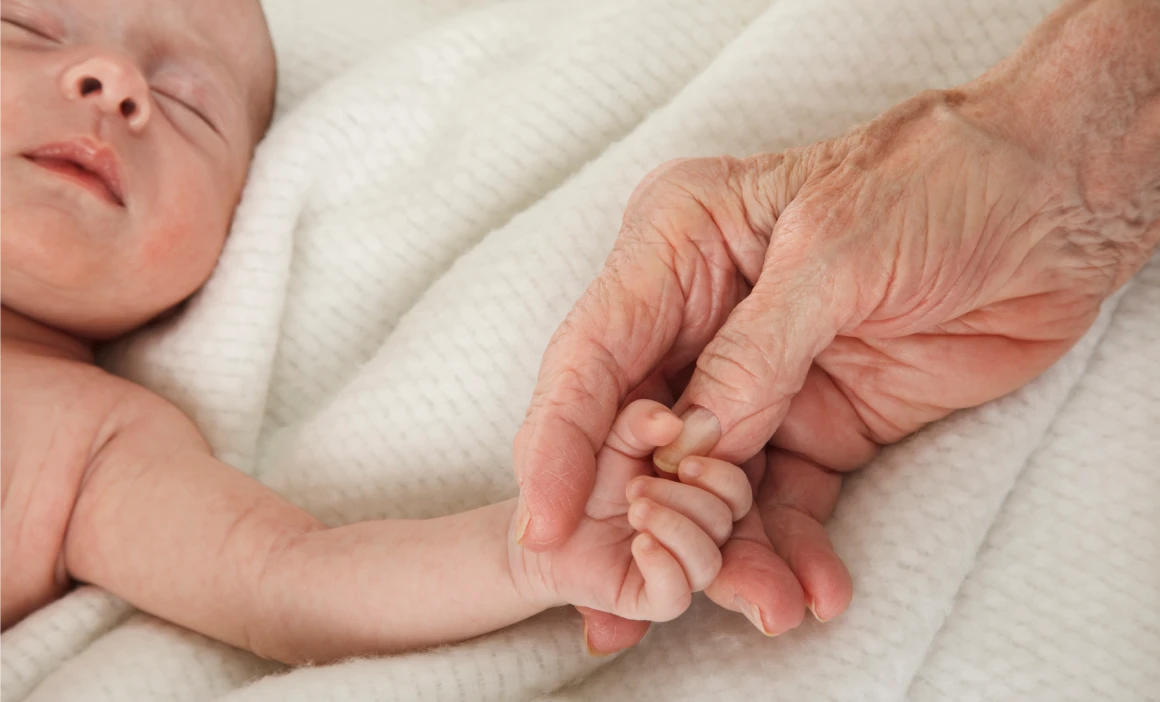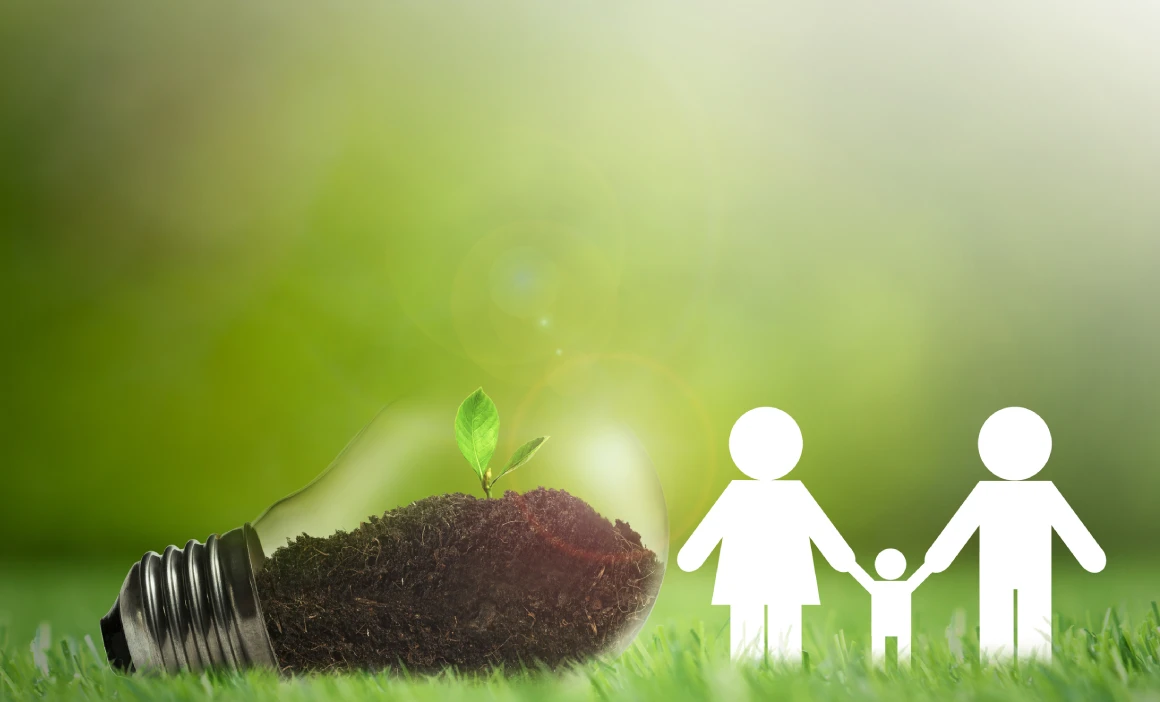
Rediscovering Yourself Through Motherhood: Embracing Identity, Self-Discovery, and Growth
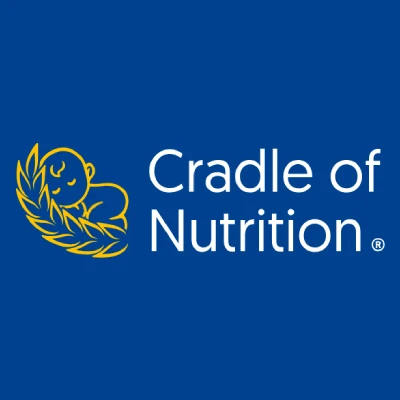
Cradle of Nutrition
- 3 minutes read
Motherhood is more than a new role, it’s the start of a profound journey of self-discovery and transformation. This process has intrigued many and is widely explored by psychologists and sociologists who study how a woman’s identity and self-image evolve as she embraces motherhood. But what does it truly mean to “become a mother”? How does this new identity emerge, and why does it feel like it changes everything?
The “Good Enough Mother” – Finding Freedom in Imperfection
The concept of the “good enough mother,” introduced by psychologist Donald Winnicott, offers a liberating perspective. This theory emphasizes that motherhood isn’t about being perfect—it’s about being present and authentic. A “good enough” mother doesn’t have to be flawless, instead, she simply provides love, attention, and her best efforts, without striving for impossible standards. This gentle approach allows women to redefine their self-worth, as they find strength in their everyday caregiving and reshape their maternal identity.
The Birth of a New Identity Through Motherhood
Renowned sociologist Nancy Chodorow argues that motherhood catalyzes the birth of a completely new self. This transformation goes beyond adopting the label of “mother”, it’s about reshaping fundamental aspects of identity, creating an enriched sense of self that redefines femininity, empathy, and care. Through this journey, mothers experience a deep shift in values and self-perception, recognizing a fuller, richer self that acknowledges its own needs alongside caregiving.
Self-Discovery and Reflection in Parenting
Psychologist Daniel Stern describes motherhood as a mirror that offers a constant reflection of who one is within this new role. Mothers often find themselves asking, “Who am I now?” as they navigate an ongoing process of self-discovery shaped by daily challenges, evolving priorities, and self-reflection. This journey demands patience and self-acceptance, as mothers learn not only to meet their children’s needs but also to embrace their own shifting expectations and desires.
Fatherhood and the Evolution of Paternal Identity
Just as mothers experience a new identity, fatherhood also brings a unique transformation. According to Daniel Stern, fatherhood fosters a special connection between father and child, revealing new values and priorities. Beyond offering stability, fathers also develop deeper layers of emotional sensitivity and self-reflection. In embracing this new role, fathers find fatherhood to be an enriching path that unveils strengths, sensitivities, and a newfound emotional depth.
The Shared Journey of Parenthood: Creating an Emotional Landscape
Together, motherhood and fatherhood shape a unique emotional landscape in the family. Both parents contribute in complementary ways to their child’s development, each fostering a nurturing environment that also supports their personal growth. As mothers and fathers navigate this journey, they cultivate shared values, a sense of identity, and unconditional love that strengthens their relationship and enriches their lives.
Motherhood and Fatherhood: Rediscovering the Self
Motherhood and fatherhood offer powerful opportunities for self-rediscovery. In building a loving relationship with their child, parents not only embrace new roles but also uncover hidden facets of themselves. Parenthood is a journey of self-discovery, allowing mothers and fathers to redefine their identities, each other, and their views on life. In this transformative process, parents find that being a mother or father isn’t just about raising a child, it’s about cultivating a unique, multifaceted identity that resonates through all areas of life.
Literature:
Chodorow, Nancy. The Reproduction of Mothering: Psychoanalysis and the Sociology of Gender. University of California Press, 1978.
Stern, Daniel. The Interpersonal World of the Infant: A View from Psychoanalysis and Developmental Psychology. Basic Books, 1985. Winnicott, Donald. Playing and Reality. Routledge, 1971.

